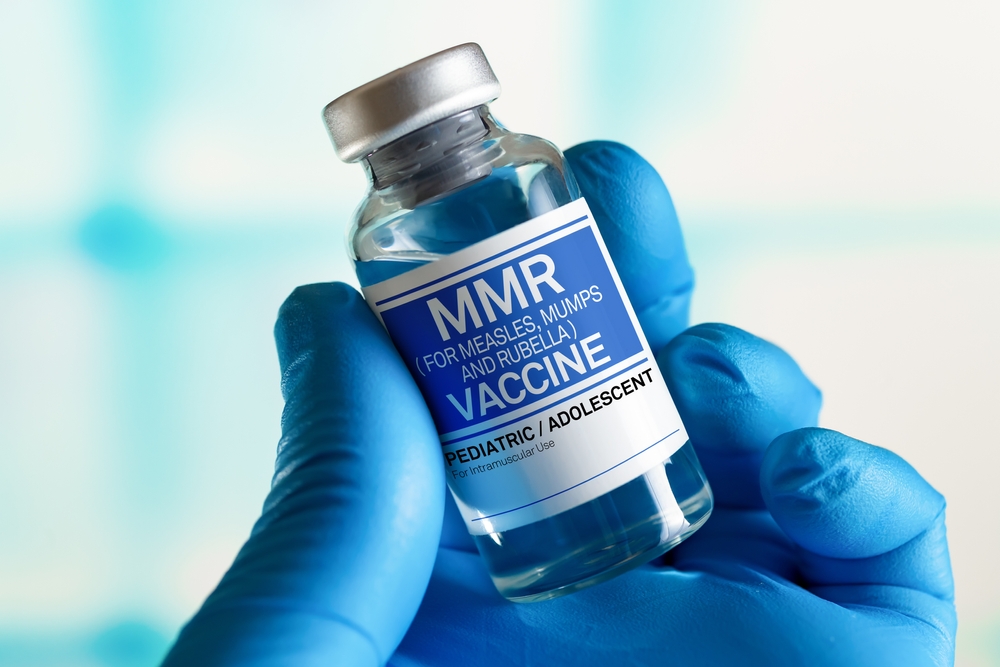The Measles-Rubella (MR) and Typhoid Conjugate Vaccines (TCV) are critical in protecting children against highly contagious and life-threatening diseases. Measles can lead to pneumonia, brain damage, and even death, while rubella infections during pregnancy can cause severe birth defects or miscarriage. Typhoid fever, on the other hand, is spread through contaminated food and water and can result in complications such as intestinal perforation.
Both vaccines are now part of Kenya’s immunisation efforts to boost population immunity and prevent outbreaks. The MR vaccine is given at 9 and 18 months, while the typhoid vaccine will be included in the routine schedule at 9 months of age. The recent nationwide campaign targeted children aged 9 months to 14 years and reached over 16 million children with the typhoid vaccine and more than 5 million with the MR vaccine.
These vaccines are especially vital in addressing gaps in immunity caused by the COVID-19 pandemic. Despite routine immunisation, some children still miss doses, increasing the risk of disease outbreaks. The MR vaccine has an efficacy of around 85%, but due to the chance of some children not developing sufficient immunity, campaigns are conducted every three to five years to build herd immunity and protect the broader population.
Community engagement, especially from religious and local leaders, plays a significant role in addressing myths and encouraging vaccine acceptance. Misinformation remains a barrier, with concerns ranging from vaccine safety to conspiracy theories. Campaigns have faced logistical challenges, including reaching remote areas and managing vaccine hesitancy.
Some parents have expressed concerns over the number of vaccines administered to children in a short period. However, each vaccine is essential in preventing severe illnesses and saving lives. To address safety concerns, Kenya has set up a robust Adverse Events Following Immunisation (AEFI) system. Health workers are trained to manage side effects, and any incidents are reported through official channels for immediate response.
These immunisation efforts are vital in protecting Kenya’s children and securing the future of public health.

